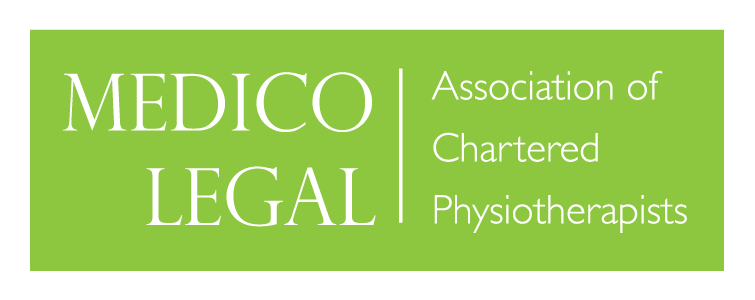Repetitive strain injury (RSI) is a very common condition. If left untreated, it can become a chronic pain problem, which can be difficult to manage. For this reason, it is best to seek treatment for RSI or any soft tissue injury as quickly as possible. Our physiotherapists can then assess you and provide the most effective treatment for your injury.
What Are The Symptoms Of RSI?
RSI usually describes some sort of soft tissue injury. The damaged soft tissue could be a muscle, ligament or tendon and could be anywhere in the body. The symptoms of RSI include stiffness, soreness and swelling in the problem area. Many people find that their symptoms are worse at night or in the morning. Some repetitive strain injuries can also affect the bones and this is the case in conditions such as Osgood schlaters.
What Causes RSI?
RSI is caused when a movement or activity is repeated too often. Work, home life and sports can all cause RSI, especially if an injury is not given enough time to heal and is then aggravated again. Common complaints include tennis elbow and golfers elbow, which are caused by repetitive gripping or turning of the forearm. These actions can injure your tendons, causing painful tendonitis.
Another common condition is housemaids knee, which is caused when the bursa (the pad of fat in your knee) becomes inflamed. Our physiotherapists also work with a large number of patients with Achilles tendonitis, which is caused by excessive running or walking. RSI can be a problem for adults and the young alike, with conditions like Osgood schlaters occurring in growing children.
RSI & Soft Tissue Injury Treatments
RSI can be successfully treated with a range of physiotherapy treatment techniques. Local hands on treatment, progressive functional rehabilitation and electrotherapies such as ultrasound are all very effective treatments for any soft tissue injury. These treatment techniques will help to ease your pain, increase your mobility and heal your injury.
If you are suffering from a repetitive strain injury, please contact usfor an appointment with a fully qualified physiotherapist.






